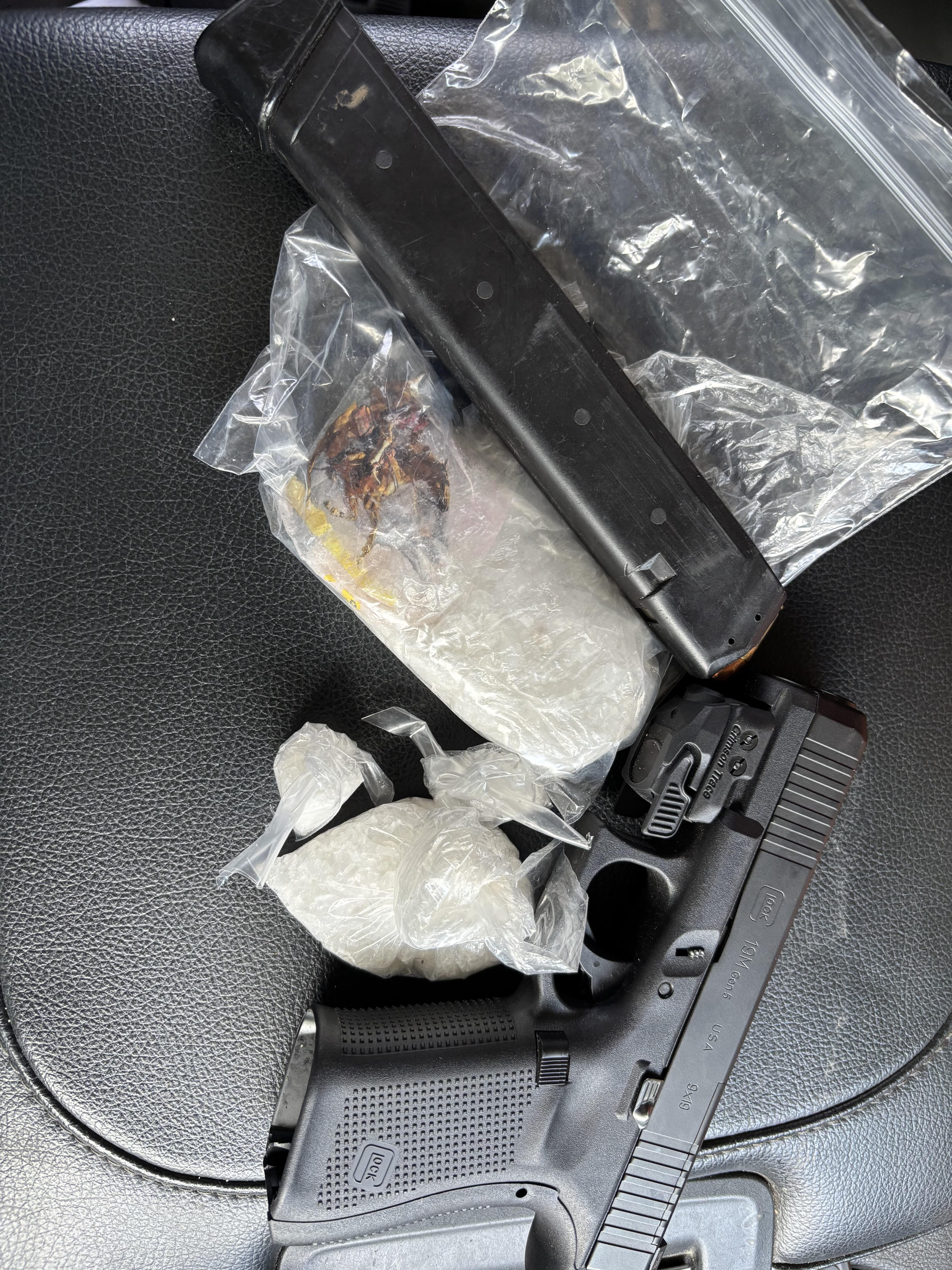Expect an adjustment in stamps every year
Published 11:53 pm Monday, May 11, 2009
Stamps are on the rise again, and their prices will continue to be adjusted each year in May.
As of Monday the price to mail a one ounce letter is now 44 cents, a two-cent increase, according to a press release from the United States Post Office.
Beth Barnett, Mississippi’s Postal Spokesperson, said rate increases will be considered each year in May. Prices for shipping services, such as Express and Priority mail, are adjusted in January of each year.
Trending
Forever Stamps purchased during the course of any given year will be good no matter when they were purchased. Barnett said even if a Forever Stamp was purchased 10 years prior to its being used, it would still be honored by the post office. As with any stamp, customers need to request Forever Stamps when purchasing stamps.
Forever Stamps first began being sold in 2007 and were introduced as a way to ease the transition of price adjustments, according to http://www.usps.com/communications/newsroom/forever_stamp_facts.htm.
Postage rate increases will take effect for first class and standard mail and periodicals and special services, Barnett said.
Price adjustments are a way to compensate for the rising cost of operations, Barnett said. A one cent increase in fuel prices means an annual increase in expenses for the post office of $8 million.
“We’re not immune to rising costs and we have to adjust our prices accordingly,” Barnett said.
Prices will now be 44 cents for the first ounce of a small envelope and 88 cents for the first ounce of a large envelope. Parcel postage for the first ounce will be $1.22 and 17 cents for each additional ounce, according to the release. Postcards can be purchased for 28 cents. A full listing of the current prices is available at http://www.usps.com/prices/welcome.htm.
Trending
Barnett said the increases will mean about a $3 increase in postage expenses for the average household. She said United States postage rates are lower than domestic postage rates in other countries, such as 85 cents in Japan, 78 cents in Germany and 66 cents in Great Britain.
“We still think it’s a good bargain,” Barnett said.





